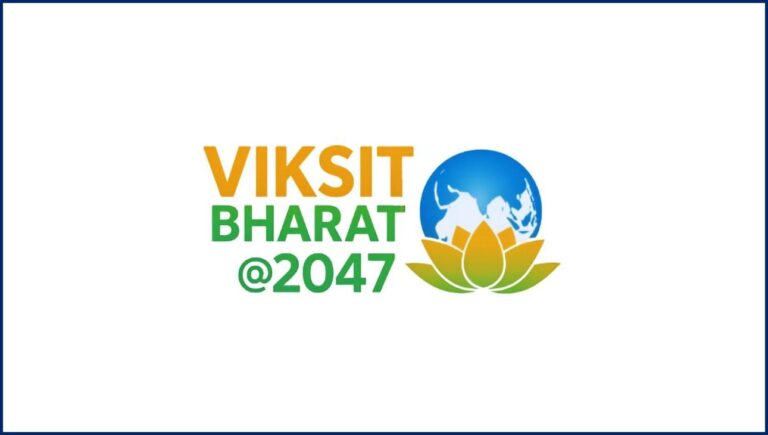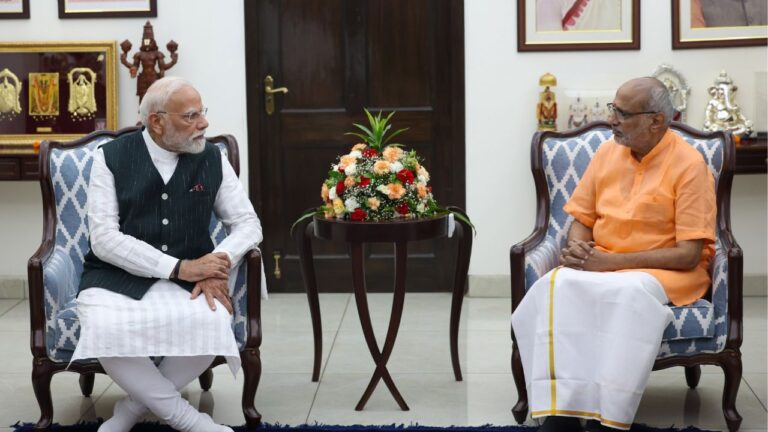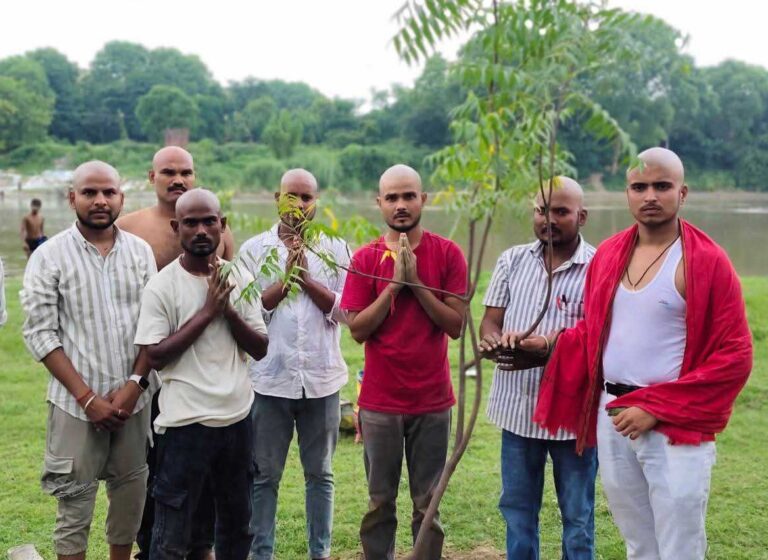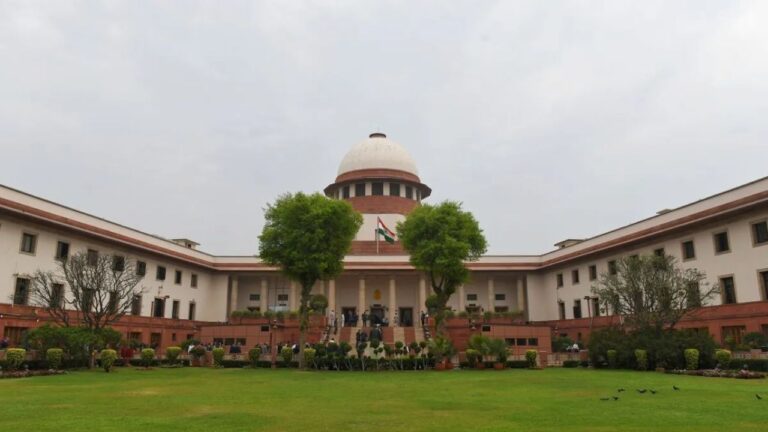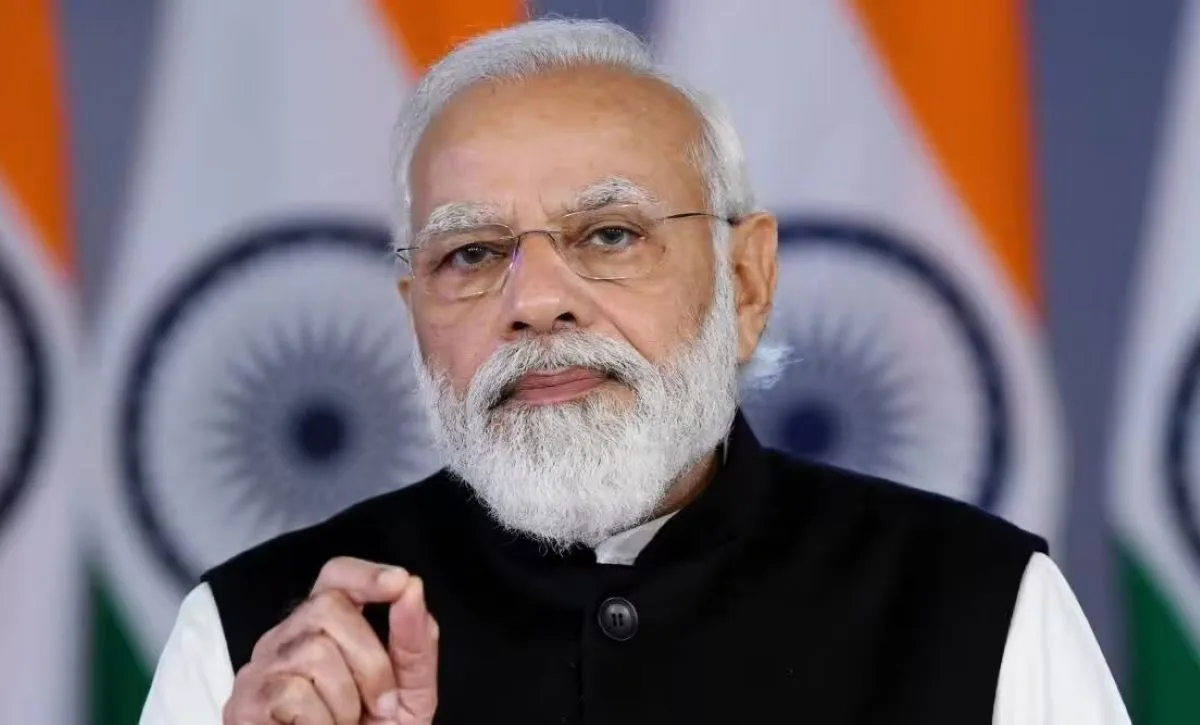
Skilling, Re-skilling & Up-skilling are Mantras for Future Workforce: PM
Skilling, Re-skilling & Up-skilling: In a virtual address to the G20 Labour and Employment Ministers Meet, Prime Minister Narendra Modi highlighted the significance of employment as a critical economic and social factor. The meeting, held in Indore, a historic and vibrant city known for its rich culinary traditions, aimed to discuss strategies to tackle rapid transitions in the employment sector amidst the Fourth Industrial Revolution.
The Prime Minister emphasized the pivotal role of technology as the core driver for employment in the present era. He lauded India’s success in creating numerous technology-based jobs during the last transformative phase and mentioned the host city, Indore, which houses several startups leading the new wave of technological transformations.
Skilling and re-skilling the workforce with advanced technologies and processes were stressed as essential components for shaping the future workforce. The Prime Minister highlighted India’s successful initiatives like the ‘Skill India Mission‘ and the ‘Pradhan Mantri Kaushal Vikas Yojana,’ which have already trained more than 12.5 million of the nation’s youth. He further underlined the importance of focusing on Industry ‘Four Point O’ sectors, including Artificial Intelligence, Robotics, Internet of Things, and Drones.
The pandemic underscored the dedication and skills of India’s frontline health workers, reflecting the nation’s culture of service and compassion. Prime Minister Modi asserted that India has the potential to become a significant provider of skilled workers globally. He emphasized the role of the G20 in promoting the development and sharing of skills on an international level, calling for collaboration, coordination, and migration and mobility partnerships.
The gig and platform economy, which emerged as a resilient pillar during the pandemic, was highlighted as a source of flexible working arrangements and complementary income sources. Prime Minister Modi acknowledged its potential in generating gainful employment, particularly for the youth, and its potential to empower women economically.
To harness the potential of this new-age workforce, the Prime Minister advocated for designing new-age policies and interventions. Sustainable solutions that create opportunities for regular work and ensure social security, health, and safety were proposed. India’s ‘e-Shram portal,’ with almost 280 million registrations, was cited as an example of leveraging technology for targeted interventions for workers in this economy.
Regarding social protection, the Prime Minister emphasized that the 2030 Agenda must account for benefits provided in various forms, such as universal public health, food security, insurance, and pension programs. A one-size-fits-all approach was deemed inadequate for sustainable financing of social protection, urging consideration of each country’s unique economic capacities, strengths, and challenges.
